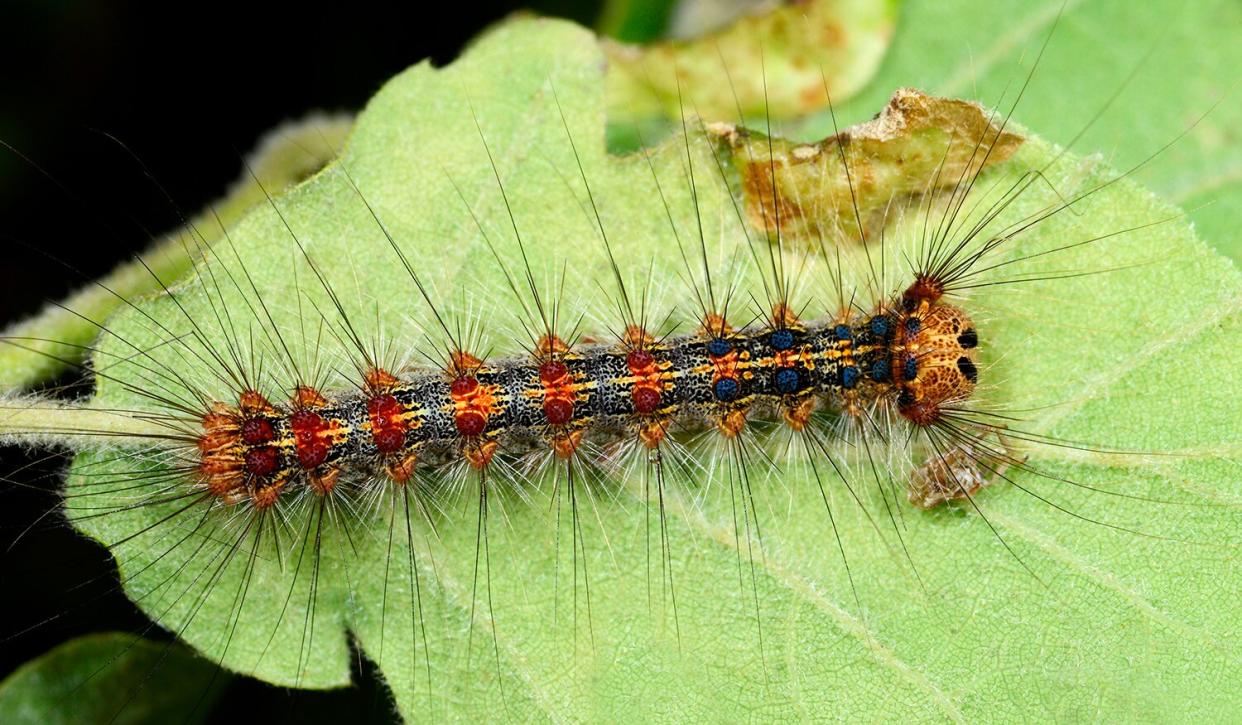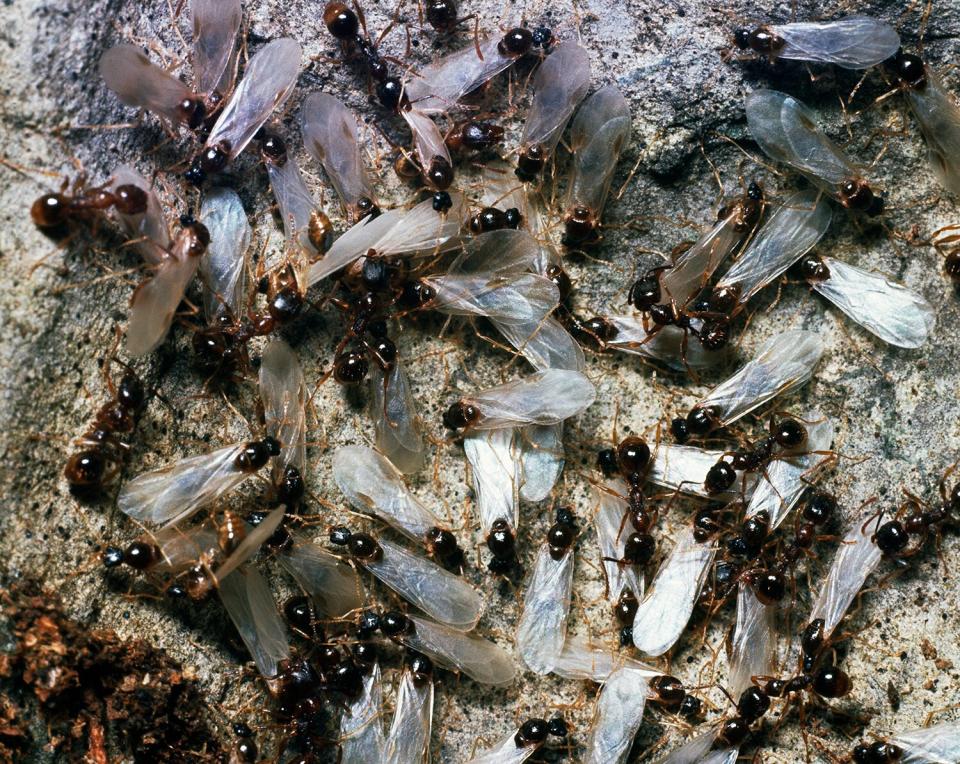Insect Scientists Dropping Common Names for 2 Species that Included an Ethnic Slur

Avalon/Universal Images Group via Getty
The Entomological Society of America are working to remove a pair of offensive insect monikers.
The scientific organization announced Wednesday that it is dropping the common names gypsy moth and gypsy ant because the names include an offensive slur for the Roma or Romani people.
For now, both insects will be referred to by their scientific names — Lymantria dispar and Aphaenogaster araneoides, respectively — though the ESA will be taking suggestions for new common names, they said in a press release.
"The purpose of common names is to make communication easier between scientists and the public audiences they serve. By and large, ESA's list of recognized insect common names succeeds in this regard, but names that are unwelcoming to marginalized communities run directly counter to that goal," ESA President Michelle S. Smith said in the release.
"That's why we're working to ensure all ESA-approved insect common names meet our standards for diversity, equity, and inclusion," Smith added.
NEWS: The Entomological Society of America has removed “gypsy moth” and “gypsy ant” as recognized common names for two insect species in its Common Names of Insects and Related Organisms List. Read more: https://t.co/9Q4w4kAUEF pic.twitter.com/hRSqFp6u6q
— Entomological Society of America (@EntsocAmerica) July 7, 2021
RELATED: Illinois School Currently Named After Thomas Jefferson Will Be Renamed for Rep. John Lewis
In an interview with The New York Times, Smith noted that it was "not acceptable" to continue using the offensive names.
"If people are feeling excluded because of what we call something, that's not acceptable," she said. "We're going to make changes to be a welcoming and inclusive society for all entomologists."

DeAgostini/Getty Images
RELATED: Chief of Cherokee Nation Calls on Jeep to Stop Using Tribe's Name: 'It Does Not Honor Us'
One of the insects, the Lymantria dispar, has larvae that tends to swarm and strip the leaves from trees, leaving a path of destruction.
Never miss a story — sign up for PEOPLE's free daily newsletter to stay up-to-date on the best of what PEOPLE has to offer, from juicy celebrity news to compelling human interest stories.
"That's how they see us," Ethel Brooks, a Romani scholar, told the Times. "We eat things and destroy things around us."
"It's hideous and super racist and it's hurtful," she later added. "But what can you do about it?"

